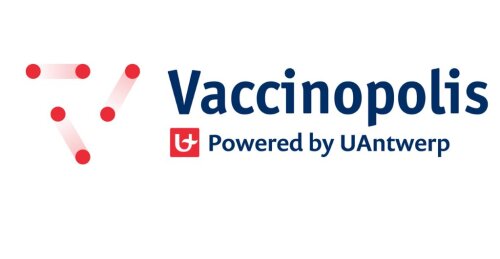First-void urine platform for advanced vaccine and disease monitoring
First-void urine (FVU) serves as a non-invasive biological sample for diagnostic, screening and monitoring applications, as identified by researchers at the University of Antwerp. It enables self-collection, reduces costs, and broadens access to clinical trials, including in remote or resource-limited settings.

Situation before
Biological samples for diagnosing, screening, and monitoring infectious diseases and vaccines are typically collected through clinician-administered methods, such as cervical samples in Human Papillomavirus (HPV) based cervical cancer screening or blood samples to measure immune response. These approaches are invasive, costly, and time-consuming. In addition, some trial participants may be hesitant to sign up for studies that involve these procedures or require frequent visits to trial centers. Consequently, obtaining adequate samples for surveillance and epidemiology during phase 3 and 4 vaccine trials, or for monitoring real-world vaccine impact, is often challenging.
Technology
First-void urine (FVU) has been identified as a valuable non-invasive biological sample for vaccine and disease monitoring. The disease and vaccine monitoring team has expanded the use of FVU as non-invasive genital tract sample. This approach enables individuals to self-collect samples (e.g. at home) and send them by post to a lab, offering several advantages:
- Reduce sampling cost
- Increase sampling frequency
- Expand applicability to vaccine trials in remote areas
- Attract additional trial participants (e.g. volunteers who may not sign up for trials involving more invasive sampling or frequent visits)
FVU is particularly well-suited for both detecting and researching Sexually Transmitted Infections (STIs), as it captures the local immune response at the potential infection site. Additionally, the infectious disease & vaccine monitoring team offers diagnostic services for vaccination trials.
Beyond technology development, the team plays an active role in global vaccination strategies, which integrates them into a collaborative expert network and ensures valuable access to samples for further technology development.
About the researchers/research group
Our team, based at Vaccinopolis, is dedicated to optimizing, validating, and standardizing biomarker detection in FVU samples (https://www.vaccinopolis.be/en/other-research/disease-vaccine-monitoring/). Comprising expertise in bioscience engineering, biomedical sciences, veterinary sciences, and laboratory technology, we have established FVU as a promising tool for HPV screening, triage, and vaccine follow-up. We are now expanding its application to other pathogens and diseases, further broadening its potential in diagnostic research.
Partners we search for
We are looking for partners who are interested in:
- Implementing our FVU technology in vaccine trials thereby reducing costs and increase participant compliance
- Collaborating on developing and implementing diagnostic applications for infectious disease monitoring
- Expanding accessibility of testing non-invasive FVU samples in remote settings
- Supporting global health initiatives related to vaccine implementation and disease monitoring
Ideal partners include pharmaceutical companies developing vaccines, public health organizations, diagnostic companies, and research institutions focusing on infectious disease prevention and control.
More information
University of Antwerp | Vaccinopolis
Drie Eikenstraat 663 | 2650 Edegem - Belgium
martina.bamberger@uantwerpen.be
+32 (0)477 16 75 00
